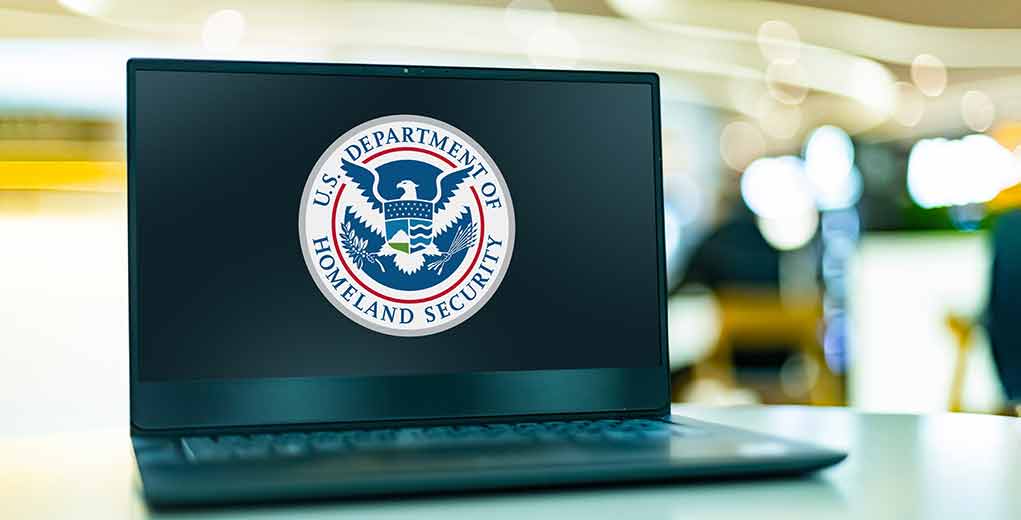
President Trump’s decisive strikes against Iran’s nuclear facilities have ignited a firestorm of threats against the U.S. homeland, with the Department of Homeland Security now warning citizens to prepare for potential retaliatory attacks from Iranian-backed operatives.
Key Takeaways
- DHS has issued a bulletin warning of a “heightened threat environment” following U.S. airstrikes on Iranian nuclear facilities, effective from June 22 to September 22, 2025.
- Pro-Iranian hacktivists and government-affiliated cyber actors are expected to conduct attacks on U.S. networks, potentially targeting critical infrastructure, energy, and finance sectors.
- Iran maintains a “long-standing commitment” to target U.S. officials it blames for the death of an Iranian military commander killed in January 2020.
- Major U.S. cities are increasing security measures to protect political and cultural sites from potential attacks.
- The public is urged to report suspicious activity through the “If You See Something, Say Something®” campaign.
National Security Alert Issued After Iran Strikes
The Department of Homeland Security has issued an urgent bulletin warning Americans about increased domestic threats following President Trump’s military action against Iranian nuclear facilities. The National Terrorism Advisory System bulletin, released Sunday, outlines specific concerns about potential retaliatory measures from Iran and its proxies on American soil. This warning comes as tensions between the United States and Iran have escalated dramatically following coordinated U.S. airstrikes targeting Iranian nuclear development sites.
According to the official DHS bulletin, which remains in effect until September 22, 2025, “The ongoing Iran conflict is causing a heightened threat environment in the United States. Low-level cyberattacks against U.S. networks by pro-Iranian hacktivists are likely, and cyber actors affiliated with the Iranian government may conduct attacks against U.S. networks,” said DHS bulletin.
Cyber Warfare and Infrastructure Threats
National security experts have identified America’s digital infrastructure as particularly vulnerable to Iranian retaliation. Major cities across the United States are implementing enhanced security protocols at government buildings, transportation hubs, and Jewish cultural sites. The bulletin specifically warns that Iranian leaders could issue religious rulings (fatwas) calling for violence against American targets, which would significantly increase the likelihood of attacks within U.S. borders.
“Iran might first target energy and finance for maximum disruption — public pain points that cripple daily life,” said Theresa Payton, who served as White House chief information officer under former President George W. Bush, told The Washington Times.
The cybersecurity warning comes as intelligence agencies have detected increased activity from known Iranian hacking groups. These actors have historically targeted unpatched systems and utilized sophisticated social engineering tactics to gain access to critical networks. DHS’s Cybersecurity and Infrastructure Security Agency (CISA) has published updated guidelines for organizations to strengthen their digital defenses against these anticipated attacks.
Longstanding Iranian Vendettas
The bulletin also highlighted Iran’s continued focus on retaliation for past actions. “Iran also has a long-standing commitment to target U.S. Government officials it views as responsible for the death of an Iranian military commander killed in January 2020,” stated DHS bulletin.
Since 2020, U.S. law enforcement has disrupted multiple Iranian-backed plots targeting American interests. The current situation has only intensified these concerns, with foreign terrorist organizations openly calling for violence against U.S. assets and personnel in the Middle East. American military forces in the region have been placed on heightened alert status, while domestic law enforcement agencies are coordinating efforts to identify and neutralize potential threats before they materialize.
Public Vigilance Encouraged
Homeland Security officials are emphasizing the crucial role ordinary citizens play in maintaining national security during this heightened threat period. The department’s familiar “If You See Something, Say Something®” campaign has taken on renewed importance, with officials urging Americans to report suspicious activities to local law enforcement or call 911 in emergency situations. The Nationwide Suspicious Activity Reporting Initiative provides a structured framework for identifying and reporting potential terrorism-related activities.
“If You See Something, Say Something,” stated the Department of Homeland Security.
The bulletin also warns that recent terrorist attacks motivated by anti-Semitic or anti-Israel sentiment could inspire copycat violence in the context of the escalating Israel-Iran conflict. Security has been significantly enhanced around Jewish community centers, synagogues, and Israeli diplomatic facilities across major American cities. Authorities are particularly concerned about self-radicalized individuals who might target locations perceived as Jewish, pro-Israel, or connected to the U.S. government or military.











